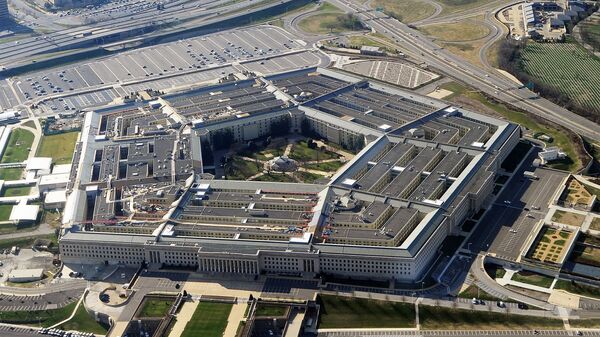"One of the key areas to focus on… in this budget is to say that great power conflict is something that we hadn’t done as much work on as we had done on other issues in the past, and [Secretary of Defense Ashton Carter] clearly wanted to focus on that," Scher said at a Center for Strategic International Studies conference on defense spending.
In recent testimony to the US Congress, Carter named Russia, China, North Korea, Iran and global terrorist networks as the "five challenges" facing the Department of Defense in the future.
In February, the Department of Defense released a budget that seeks to balance resourcing current conflicts and preparing for future threats. "The key to this [balance] is we will not be able to prevail in a future conflict against a great power if we don't start thinking planning, abut it now and today," Scher explained.
For more than a decade, the United States defense budget has been largely focused on fighting its two major wars in Iraq and Afghanistan. As a result, numerous military officials have concluded that the US technological advantage over "near peer" adversaries China and Russia, has narrowed, and closing that gap has reemerged as a priority.
The shift toward European defense and support for NATO allies is among the most "notable" and "largest" shifts in the 2017 defense budget, Scher noted.
The $3.4 billion request to fund the European Reassurance Initiative "took stock in the shift in European security," he said, referring to NATO allies’ growing concerns about Russia.
For 2017, the Defense Department has requested a total budget of $583 billion. The current level of US defense spending is more than 3.5 times as large as Chinese military spending, and more than 12 times as much as Russian defense budget.





